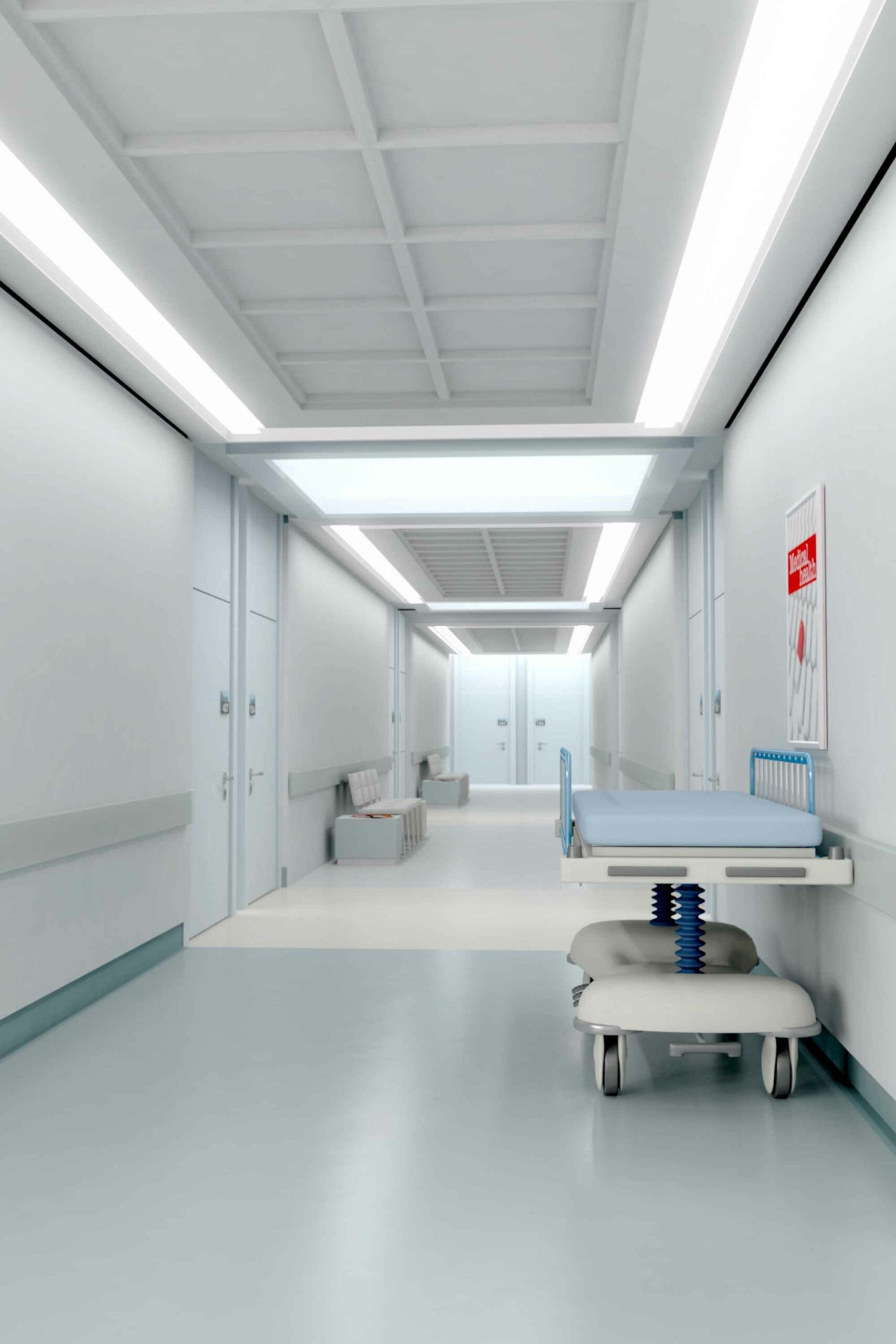In-vitro diagnostic regulations (IVDR)
regulations for biological device distributors
- Ensure That Your Products Are Legally Compliant With National & EU Regulations
- Be Consistently Efficient with Effective Management Systems In Place
- Foster Trustworthiness by Maintaining A Clean Compliance Record
IVDs COMPLIANCE OVERVIEW
In-vitro diagnostics (IVDs) are biological devices or products that, like other medical devices, are subject to pre-marketing and post-marketing regulations. In-vitro diagnostic devices are reagents, instruments and systems used to collect, prepare and examine samples from the human body. These help diagnose diseases or other conditions for treatment purposes. Being compliant with In-Vitro Diagnostic Regulations (IVDR) shows that your products fall under the scope of ‘in-vitro diagnostics’ according to this specific legislation in the EU Market.
IVDs COMPLIANCE OVERVIEW
In-vitro diagnostics (IVDs) are biological devices or products that, like other medical devices, are subject to pre-marketing and post-marketing regulations. In-vitro diagnostic devices are reagents, instruments and systems used to collect, prepare and examine samples from the human body. These help diagnose diseases or other conditions for treatment purposes. Being compliant with In-Vitro Diagnostic Regulations (IVDR) shows that your products fall under the scope of ‘in-vitro diagnostics’ according to this specific legislation in the EU Market.
BENEFITS OF IN-VITRO DIAGNOSTICS REGULATIONS (IVDR)
As of May 2022, any importer or distributor of in-vitro diagnostic devices has been assigned the legal obligation of ensuring that the devices they make available on the EU market comply with the In-Vitro Diagnostic Regulations (IVDR). For sure, being compliant assures stakeholders that your products are in compliance with national and EU regulations, yet the benefits extend even further than that. Compliance may be achieved in two ways, either by implementing a bureaucratic system or putting a strong management system that captures the requirements of the regulation and translates them to meet the needs of your organisation. In the end, there are a few advantages you may expect from compliance:
Maintain Medical Standards
Reduce Safety Concerns
Life-Cycle Approach
Pass Your Audits

MDRP Certified Expert
Being a Medical Device Registered Person (MDRP) with the Medicines Authority, Luke specialises in the compliance for medical devices. Combining his expertise in management systems with his knowledge of medical device regulations, Luke has never failed to help his clients achieve compliance. He holds over 12 years of experience in the implementation of standard management systems, and has worked on both Medical device regulations and in-vitro diagnostic regulations since before their launch in May 2021 and 2022 respectively.

GET YOUR JOURNEY TO ISO CERTIFICATION FUNDED
As a Malta Enterprise approved advisor, Luke can help his clients reap the full benefits of currently available funding. Applicable to any business based in Malta, the Government of Malta’s current funding schemes have never been better. The precise amount depending on your company’s size and ownership structure.
For more information, simply get in touch for a free consultation session! Luke will help you to make the most of the best available funding incentives applicable to your business.

RECEIVE FUNDING FOR YOUR JOURNEY TOWARD REGULATORY COMPLIANCE

Funding Opportunities
For pioneering companies, getting ISO 9001 certification is a crucial milestone. Recognizing the importance of working towards this standard, there are various funding opportunities to be found in Malta. These include:
- 50% Tax Credits by the Government of Malta.
- cash grants by Malta Enterprise, JobsPlus, & other entities.

in vitro diagnostic medical devices
What Topics Does It Cover?
Substituting the EU’s current instructions on in-vitro diagnostic medical devices, the 2022 in-vitro diagnostic regulations outline the basis for placing in-vitro diagnostic medical devices on the European market. This new set of regulations harbour a number of key changes, including:
- Product Scope Expansion. This incorporates diagnostic (including Internet-based) services, genetic testing and other tests that supply data about a patient’s predisposition to a particular disease or susceptibility, in order to achieve medical treatment.
- Re-classifying Devices According to Risk. Risk classification ranges from Class A – relating to low risk devices – to Class D – for high risk devices – based on the intended purpose of the device.
- Pre-Market Approval Requirements. All device classes except non-sterile class A are contingent on their approval from the notified bodies.
- Class C/B excluding Self-test, near patient test and Companion Diagnostics, are dependent on assessment of Technical Documentation on a sampling basis. All other devices are appraised separately. For class A sterile, the Notified Body assessment is restricted to the assessment of sterility.
- Meticulous clinical evidence. Manufacturers need to oversee clinical performance studies and produce evidence of safety and performance according to a device’s assigned risk class.
- Recognition of ‘person responsible for regulatory compliance’
- Application of unique device identification for better traceability and recall.
- Requirements for post market inspection notably increased and general timeline for reporting decreased.
- Pronounced Scrutiny of Notified Bodies
- No “grandfathering” provisions. All currently approved in vitro diagnostic devices must be re-certified in agreement with the new requirements.
In-Vitro Diagnostic Regulations Articles
Frequently Asked Questions
What is the IVDR?
The In-Vitro Medical Devices Regulation is a new regulation within the EU that helps to create a strong, clear and sustainable regulatory framework to “improve clinical safety and create fair market access for manufacturers and healthcare professionals”. To set higher standards for quality and safety of IVD devices, the IVDR “brings EU legislation in line with technical advances, changes in medical science, and progress in law-making”, and has binding legal enforcement throughout all EU member states.
Who will verify compliance?
The Medicines Authority verify compliance in Malta.









